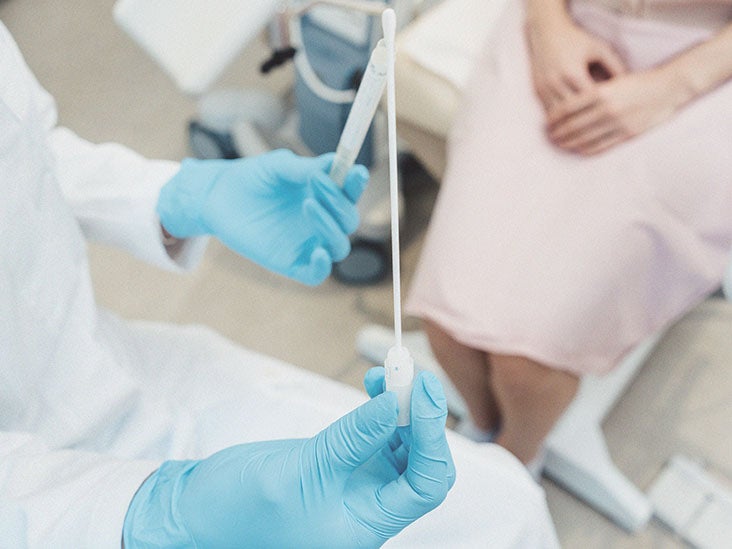Is bacterial vaginosis an STI? Causes, symptoms, treatment, and more - Medical News Today

Bacterial vaginosis (BV) is a bacterial infection that causes unusual vaginal discharge with a fish-like odor. Although BV can transmit to others via sexual activity, healthcare professionals do not consider it a sexually transmitted infection (STI), and it can develop due to other reasons.
In some cases, BV goes away without treatment, but in others, a person may need to see a doctor to get prescription medications. The infection can sometimes become recurrent.
In this article, we discuss what BV is and whether or not it is an STI. We also look at its causes, symptoms, and treatment and explain what steps people can take to prevent it.
BV is a bacterial infection that causes unusual vaginal discharge.
According to a
BV is a result of an overgrowth of naturally occurring bacteria in the vagina and a decrease of the Lactobacilli bacteria. It can affect people who have not had sex.
There is evidence to suggest that BV can pass from person to person during sexual activity.
A
The United Kingdom's National Health Service (NHS) also mention that it is also possible for BV to pass between two females during sexual activity.
Researchers are not sure exactly what causes BV.
However, it is clear that BV
A
Intravaginal practices
Using soaps or perfumed vaginal products can disrupt the natural bacteria in the vagina. Although they may not cause BV specifically, they can potentially help the bacteria that cause this condition to flourish.
People who douche are also at risk of disrupting the balance of vaginal bacteria.
Sexual activity
Sexual activity can increase the chance of developing BV.
A person is more likely to develop BV when they have a new sexual partner or have sex without using a barrier method of contraception, such as a condom.
It is possible that having sex without using barrier methods introduces different bacteria into the vagina, which may lead to BV.
For people who have BV that keeps coming back, known as recurrent BV, having sex with the same partner is a
Genetics
A
The study suggests that this may be because African American females are more likely to have a diverse microbial profile, whereas females of European descent tend to have a vaginal microbiome that contains more Lactobacilli.
It is possible, therefore, that certain genetics can lead to an increase in the chance of developing BV.
Diet
People who eat a diet high in fat or low in folate, vitamin E, and calcium are
Learn more about diet and vaginal health here.
Doctors describe BV as recurrent if it comes back after treatment, typically within 3 months.
Researchers do not currently know why some people are more at risk of having recurrent BV than others, but it seems that
The symptoms of BV
- thin white or gray discharge from the vagina
- itching, burning, or pain in the vagina
- a strong fishy odor, especially after having sex
- itching of the skin around the vagina
- burning sensation when urinating
Learn more about the symptoms of BV here.
Approximately
People can either take these medications orally or apply them directly to the vagina. Both of these medications are
If a person experiences BV symptoms again within a few months of treatment, a doctor may prescribe a second course of antibiotics.
The NHS note that a person may need to take treatment for up to 6 months for recurrent BV. It is advisable for any sexual partners to undergo tests for BV and get treatment if necessary.
There is
It is difficult to prevent BV, as researchers are not sure what causes this condition.
However, the following methods may
- using barrier methods, such as condoms and dental dams, during sexual activity
- refraining from douching
- limiting the number of sexual partners
A person can help relieve symptoms and prevent BV from returning by:
- avoiding the use of perfumed soaps or bubble bath
- refraining from using vaginal douches, washes, or deodorants
- avoiding using strong detergents to wash the underwear
People should see a doctor if they are experiencing any symptoms of BV.
A doctor will usually examine the vagina for signs of unusual discharge. They may also perform lab tests on a sample of vaginal fluid to determine whether a person has BV.
BV is a condition that results from a microbial imbalance in the vagina. It is not an STI, and it can affect people who have not had sex. However, sexual activity can
While BV does go away, either by itself or with treatment, the majority of people who have it will go on to experience BV symptoms again.


Comments
Post a Comment